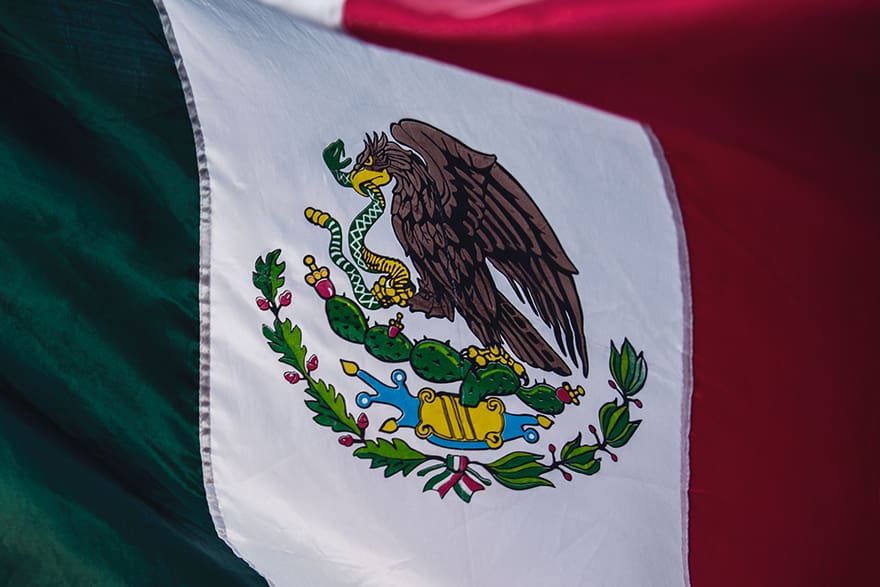On 22 September 2020, Media Defence filed an amicus curiae brief before Mexico’s Supreme Court of Justice, in a case challenging the constitutionality of the country’s national Law on the Use of Force. The brief, filed together with Article 19 (Office for Mexico and Central America), examines international legal standards governing the use of force, in light of a state’s obligations to safeguard freedom of expression, the free press and the right to protest.
Adopted in May 2019, the law grants Mexico’s security forces broad discretion to use force, including in the context of non-violent demonstrations and gatherings. It fails to provide any specific protections to journalists or other third parties who might be present at such events in order to report on them. In June 2019, Mexico’s National Human Rights Commission filed a constitutional challenge to the law, arguing that it violated various protected rights, including freedom of expression and the right to protest.
The brief sets out international and comparative legal standards relevant to the regulation of force, in light of a state’s obligation to safeguard the right to protest and the media’s right to report on it. In particular, the brief examines the following points:
- The current legal framework, which justifies the use of force through the need to maintain social control, should be replaced by one premised on the protection of human rights, including the rights to protest and report.
- Through the use of broad and overly vague terms, the law grants authorities a wide discretion to determine when force is legitimate. This may result in the use of force in circumstances that violate free expression and peaceful assembly rights.
- Journalists reporting at protests perform a vital role as “public watchdog”, gathering and disseminating information including about the conduct of authorities in the event of disorder. Special protections must be afforded to safeguard their ability to observe and report on such events. Any restriction that impacts on the media’s ability to carry out its role as “public watchdog” must be subject to strict scrutiny.
- Harassment, intimidation, violence, arrest and detention have a chilling effect on the media’s ability to cover protests and demonstrations. The failure of the law to protect the right of freedom of expression is particularly concerning in the context of the widespread violence perpetrated against journalists in Mexico.
Mexico is one of the deadliest countries in the world for journalists and reports of police abuse, impunity and corruption are common. Protests and public demonstrations are particularly dangerous, with journalists subject to assault, arrest and detention. It is hoped that this case will be an opportunity for the Supreme Court to strengthen the protections afforded to journalists in the face of that violence.
The amicus brief (Spanish) can be found here.
Recent News
Landmark Ruling: Kenya’s High Court Declares Colonial-era Subversion Laws Unconstitutional
Media Defence welcomes the verdict of the High Court in Nakuru, striking down sections of the Kenyan Penal Code which criminalise subversion, citing them as relics of colonial oppression that curtail freedom of expression. Justice Samwel Mohochi, delivering the judgment, asserted that these provisions were overly broad and vague, stifling dissent rather than serving any […]
UN Rapporteurs Call for Protection of Brazilian Journalist Schirlei Alves
UN Rapporteurs Call for Protection of Brazilian Journalist Schirlei Alves Amid Defamation Charges Stemming from Rape Trial Coverage A letter dispatched by UN rapporteurs to the Brazilian Government calls for protective measures for women journalists covering cases of sexual crimes. The letter also denounces the conviction of Brazilian investigative journalist and women’s rights defender, Schirlei […]
Convite à apresentação de candidaturas: Cirurgia de litígio em português na África Subsariana
Cirurgia de litígio em português na África Subsariana Aplique aqui 23 a 25 de julho de 2024 em Nairobi, Quénia Prazo: 3 de maio A Media Defence está a convidar advogados sediados na África Subsariana que falem português a candidatarem-se a participar numa próxima cirurgia de litígio sobre o direito à liberdade de expressão e […]



